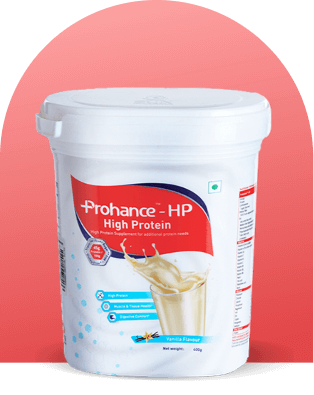
If you have undergone surgery recently, what foods you consume in the weeks and months that follow the procedure might have an impact on your recovery and healing process.
Constipation is a commonly observed post-surgical complaint. It can suppress your appetite, aggravate your pain, and put a strain on surgical incisions. General anaesthesia, excessive pain medication use, a lack of activity, dietary changes, dehydration, and surgery-related stress can all be contributing factors. To address this issue, a focus on fiber rich foods for constipation is essential.
So, let’s explore some of the high fiber foods for constipation that can benefit digestive health, particularly after surgery.
The constipation symptoms include:
If you encounter these symptoms following surgery, consult your doctor for guidance on how to deal with constipation. Along with doctor’s recommendations try adding plenty of high fiber foods including soluble fiber sources and insoluble fiber foods to ease constipation.
Fiber is nothing but a carbohydrate found primarily in vegetables, fruits, legumes (peas and beans), and whole grains. The majority of the carbohydrates you consume get transformed into sugar by your digestive system. But fiber is quite different in this regard. It goes through your body unbroken.
There are two kinds of fibers:
Incorporating both types of fiber in your diet is vital for managing constipation, particularly in a post-surgery diet when your body requires extra support.
Foods affect people’s bowels in different ways. However, fiber rich foods for constipation can help ease this issue. This is because fibrous meals bulk up the stool and absorb water, thereby making it easier to pass bowels. Here are a few must-haves post-surgery foods packed with fiber:
Many fruits are naturally high in fiber, although some have greater amounts than others. They can additionally include other compounds that promote regular bowel movements. Some excellent choices having fiber for constipation post-surgery include:
Certain vegetables, like fruits, have a higher fiber content than others and serve as excellent fiber rich choices as post-surgery foods. The following options are considered to have a little more, and consuming them can help with constipation.
Legumes and beans are excellent sources of fiber for constipation. They are high in both soluble and insoluble fiber, which makes them an excellent addition to your post-surgical diet. If you are experiencing constipation post-surgery, consider adding the following to your diet:
Nuts and seeds consist of high levels of fiber and healthy fats. However, they tend to be packed with calories, so it is advisable to limit your serving sizes. A handful for a snack or put over salads or veggies is ideal. You can incorporate nuts and seeds like:
Whole grains should be included in your post-surgery diet as a part of high fiber foods for constipation to increase fiber intake. Opt for:
In the initial days following surgery, you may be recommended to consume softer meals because they are easy on your digestive system. This may include:
Hydration is essential for avoiding constipation, particularly after surgery. Drinking enough water throughout the day allows the fiber you consume to do its job more efficiently by softening your stool and helping to pass through the digestive system.
Including fiber rich foods for constipation in your post-surgery period is vital for maintaining your digestive health and reducing constipation issues. Focussing on legumes for constipation, vegetables, fruits, whole grains, nuts and seeds can help your body recover effectively and ease constipation. Additionally, incorporating a high protein powder such as Prohance HP can improve your nutrition and immunity while promoting faster recovery.
Remember that a carefully designed post-surgery diet can not only help you recover swiftly but also keep the digestive system running smoothly. Maintain a high fiber intake and prioritise water and nutritious foods to help you achieve your best health.
As always, do not forget to take advice from your doctor and follow their recommendations.
